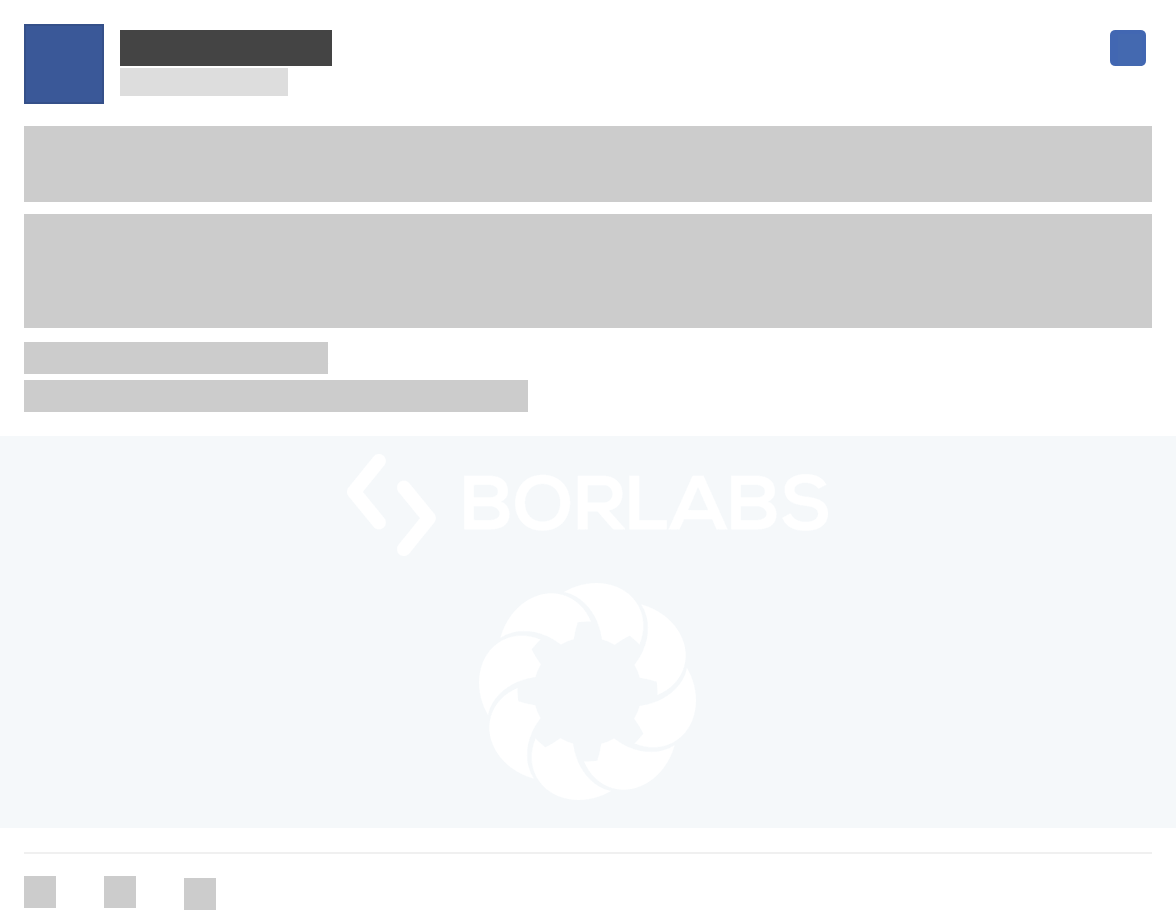Fraudsters never tire of developing ever more creative variations of fake emails. The Marburg Criminal Investigation Department has registered a significant increase in “fake” news in recent weeks and is now investigating the preparation for spying and intercepting data.
Numerous email users received payment requests from supposed company employees and informed the police. Since mid-December, the Marburg police have received 21 reports. Domestic companies are affected in five cases. Fortunately, there has been no damage so far.
In the cases known so far, the fraudsters sent invoices, used imaginary names and pretended to be employees of German, mostly medium-sized companies that had nothing to do with the fraud.
It is striking that fantasy products, primarily from the IT sector, are invoiced in tabular form, which are not sold by the companies concerned anyway. An attachment is then attached to the letter with a request to “download the invoice”. If this attachment is actually opened, this usually has fatal consequences, as your computer is unnoticed and infected with aggressive malware (viruses).
In recent weeks, this nationwide fraud phenomenon has affected both some domestic companies as supposed senders of invoices and private individuals who were confronted with payment requests via email. It is important to exercise caution with all emails before opening an attachment or clicking a link.
Police tips:
- In most cases, fraudsters use foreign email addresses. This fact alone should arouse suspicion.
- Check whether you are a customer of the alleged company or know the sender.
- Is your name written correctly?
- Are there numerous spelling errors in the email that raise doubts about its authenticity?
- Do the plausibility check: Does the company actually produce what you are supposed to pay for?
- Does the company perhaps already have a warning on its website?
- It's better to call during business hours and ask before opening anything in the email.
- As a precaution, you should not open any emails, especially any attachments or links, that you do not know or did not expect.
- Don't be shocked or tempted by large amounts of money and reminders.
- Never respond to such emails.
Many users feel harassed and want to put an end to the nightmare by replying. Probably no one will read this message. Automatic systems only recognize that your email address is actually active. So stay away and don't answer! Never follow a link in the email. The computer may become infected with malware unnoticed. Never give out sensitive data (bank details, card number, etc.) via email.
In addition, your own PC should always be equipped with up-to-date virus protection for the best possible protection. Many email services offer spam protection. In addition, a spam filter can be set up in the email inbox to sort out annoying emails straight away.
What is it about?
There is currently a wave of spam circulating in Central Hesse, which is unsettling email recipients with fake invoices. The Marburg Criminal Investigation Department alone has registered over 20 such reports since mid-December and is now investigating the preparation for spying and intercepting data.
Affected by this fraud phenomenon were both domestic companies, supposedly sending the invoices, and private individuals who were confronted with payment requests via email. Numerous email users informed the police about this.
How does it work?
The cyber criminals use actually existing companies as the company name in the letterhead of the invoice, but they have nothing to do #fraud Names of construction companies, craft businesses, engineering offices, tax offices, etc. are used here to make the invoice appear genuine. The contact details provided by the companies are also largely correct.
The invoice contents relate to alleged purchases of hardware and/or software products worth several thousand euros. What is striking is that the products listed are mostly not sold by the affected (real) companies.
What happens then?
The email contains an attachment with a request to “download the invoice”. If this attachment is actually opened, this usually has fatal consequences, as your computer is unnoticed and infected with aggressive malware (viruses).
What can I do against it?
Under no circumstances open the attachment! Never reply to these emails! Simply delete such emails and add the sender to your email program's block list!
Anyone who has already fallen into the perpetrators' trap should thoroughly check their computer for malware using up-to-date antivirus software. The basic rule is: As a precaution, do not open any emails, but above all do not open any attachments or links that you do not know or did not expect. Don't be shocked or tempted by large amounts of money and reminders. Do not reveal any sensitive data (bank details, card number, etc.) via email or on-screen prompt.
You can find useful tips on the topic on the Internet at www.polizei.hessen.de (Prevention/Security on the Internet) or at www.polizei-beratung.de
Source:
Central Hesse Police
Marburg-Biedenkopf Police
Notes:
1) This content reflects the current state of affairs at the time of publication. The reproduction of individual images, screenshots, embeds or video sequences serves to discuss the topic. 2) Individual contributions were created through the use of machine assistance and were carefully checked by the Mimikama editorial team before publication. ( Reason )


